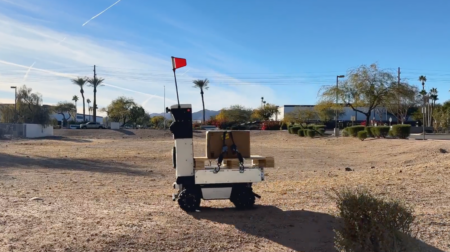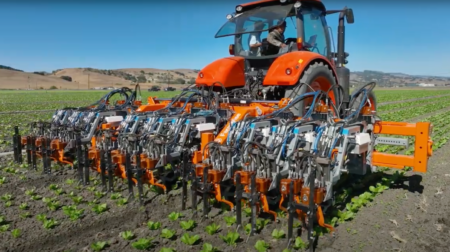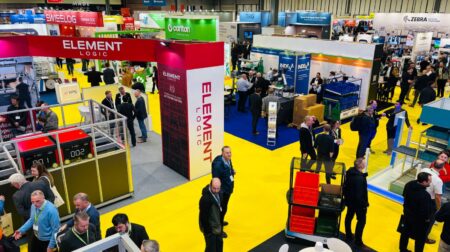French agri-robotics manufacturer Naïo Technologies has announced that a new version of its viticulture robot Ted, which is designed to weed vineyards, is set to work for long-time partners Jas Hennessy & Co and Bernard Magrez Grands Vignobles.
Developed three years ago, Ted is said to be the first autonomous, all-electric high-clearance tool dedicated to the mechanical weeding of vines. The robot can work autonomously among grape vines, and is designed to limit soil compaction. According to Naïo, the electrical weeder is also environmentally-friendly as it reduces the need for chemical weed killers and lowers emissions.
Naïo, which closed Series A funding of €14m (£12.7m) in January 2020, said that its partners will help it to improve Ted’s reliability, autonomy, and safety. Bernard Magrez and Hennessy will be the first to test the latest version of Ted from July onward before its official launch in September.
“The Bernard Magrez Estate is convinced that robotisation will play a fundamental role in the mechanical maintenance of the land over the next few decades,” said Arnaud Delaherche, research and development manager of the Bernard Magrez Estate.
“Electrical power, the absence of greenhouse gas emissions and noise pollution are the main focus of our commitment to the environment. In this, we have developed a four-year partnership with Naïo Technologies to perfect a robot capable of carrying out the majority of the soil maintenance work among the vines.”
Mathilde Boisseau, Hennessy vine and wine manager, added: “Within the context of its commitments on sustainable wine growing and to support its partner wine producers, the Hennessy company is testing many different solutions in its vineyards to promote more virtuous wine growing.
“The R&D partnership project with Naïo Technologies is fully compatible with this approach. The development of the Ted robot is therefore an innovative alternative to the use of weedkillers. Its light weight and adaptability, as well as its electrical operation, are assets in view of the development of sustainable wine growing in the Charente region.”







